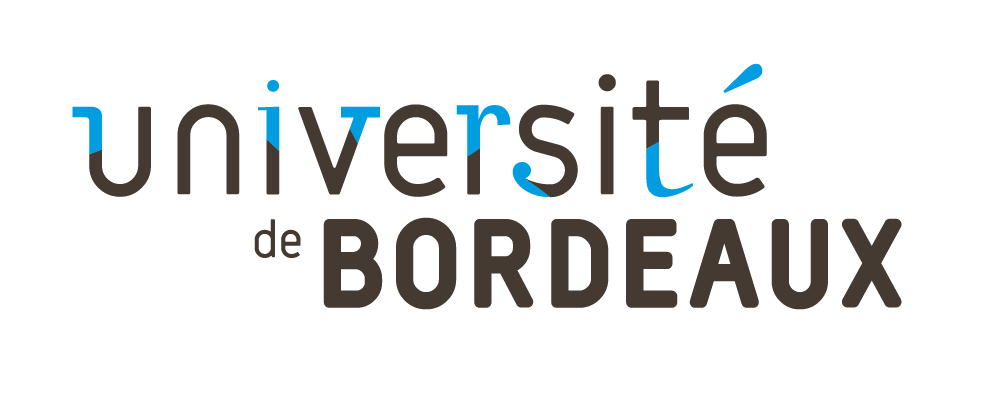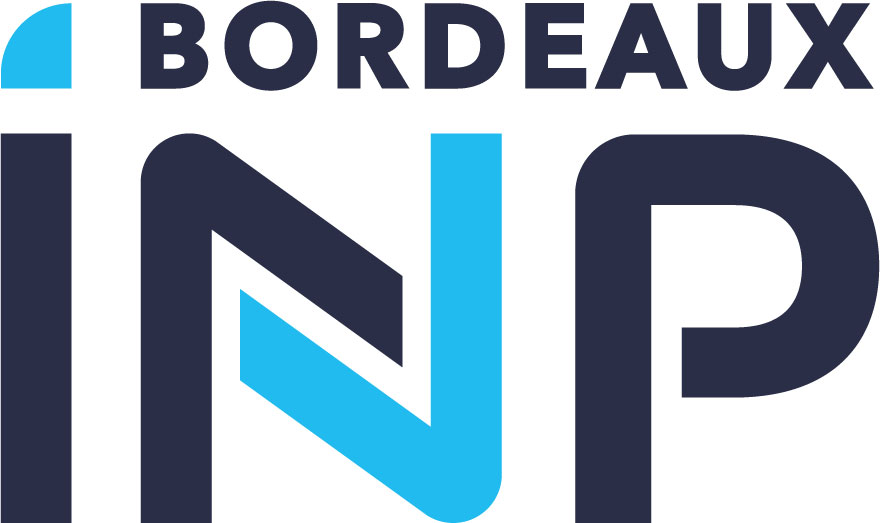Highlights Collaborative Research Week
Highlights also organises an extra week, the Highlights Collaborative Research Week (HCRW) from September 21 to September 27, 2024 at LaBRI.
Participants to Highlights can register to this week, and are then free to organise any scientific activities. It is up to you to decide what this week should be. Possibilities can be to
- meet someone in particular
- organise or attend a seminar/workshop/reading group
- gather for solving open problems
We encourage participants to propose activities in advance. For participating, just mention it during the registration process, and register to the HCRW stream in the Zulip chat. This is the place where the activities during the week will be organised. You can declare there what are your center of interests, what topic you would be happy to work on with other participants, or what activities you would like to participate to.
Workshops
The workshop will be lightweight with at most around two hours of talks per day, which will be held in a blackboard style. The idea is to have one talk in the morning and one in the evening, which allows maximum time for participants to work together. In the first session, open problems will be presented to foster collaborations between the participants.
The exact program has not yet been decided on. It will be made precise progressively, and take into account the interests of the participants. Possible topics include semigroups, decidability of classes of languages, algebras, categories, monads, and many more.
More information can be found in the appropriate stream of the Highlights Zulip server. Do not hesitate to post and declare your interest in the workshop there. You can also contact Thomas Colcombet or Rémi Morvan by email for more details.
This workshop will discuss the current status of various problems related to population games, populations of Markov Decision Processes (MDPs), and explorable automata. The objective is to review the models, the state-of-the-art, the proof techniques employed so far, and the main open problems. The duration of the workshop and the time allocated for presentations will depend on the number of participants.
Quick reminder: Population games are played by two players, Laetitia (letters) and Terrence (transitions), on an NFA, with N tokens placed on an initial state. At each turn Laetitia picks a letter x, and Terrence answers by moving each token along an x-labelled transition. The goal of Laetitia is to gather all tokens in a final state eventually. Another version of this game exists, where Terrence picks the x-transition of each token at random from the available ones. Laetitia then tries to gather all tokens in a final state with probability 1.
Here are some possible topics: (1) The asymptotic (expected) time Laetitia needs to win against N tokens. Some strong conjectures have been formulated, and some of them proven, both in the randomised and the adversarial case. (2) Explorable automata (which generalise population games and history-determinism) and related decision problems. (3) Constrained flow problems and their connection to parameterised verification. Suggestions are welcome!
Please let me know if you want to participate, which subjects interest you the most, and if you would like to present something.
This is a two days workshop on Monday and Tuesday. We intend to have a few talks and collaborative working.
Some possible subjects:
- logical characterization of enumeration classes
- how to properly define constant delay, application to generating language of automata and grammars
- understanding enumeration algorithm/classes with polynomial space or no space
- how practice can inspire us new complexity measures and different problems
Please tell me if you intend to participate and even better if you want to present something related or have a topic to discuss that you like to discuss.


